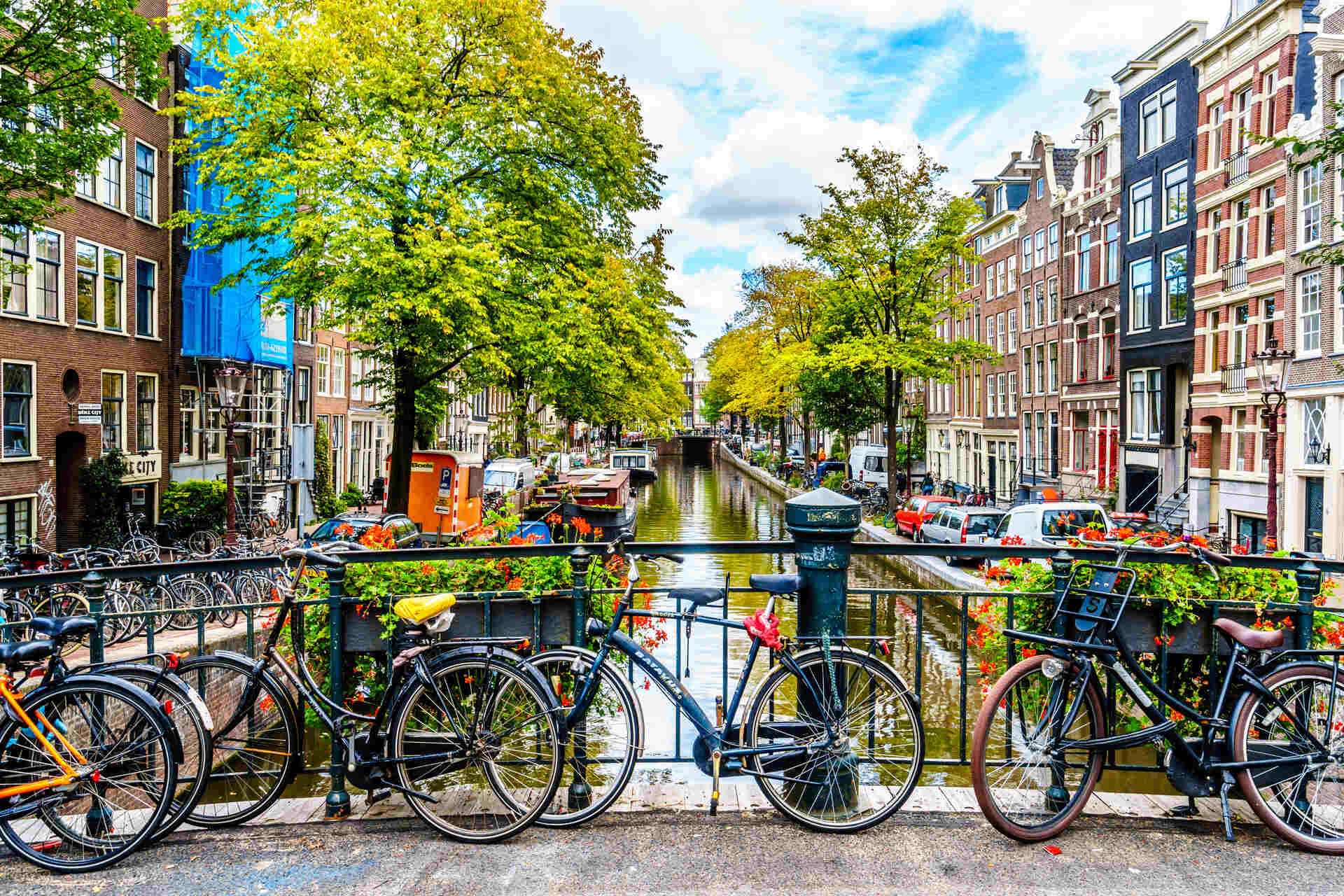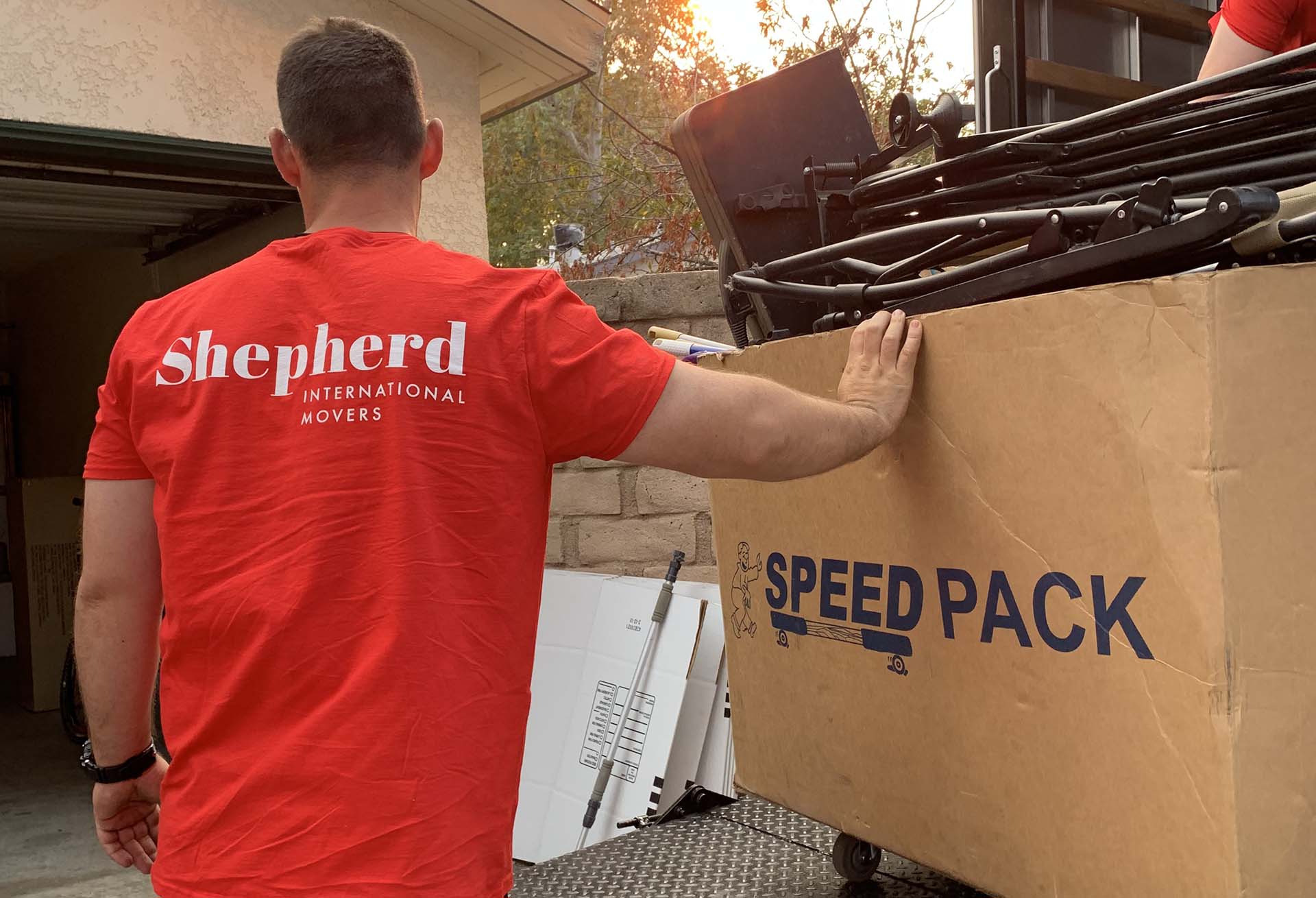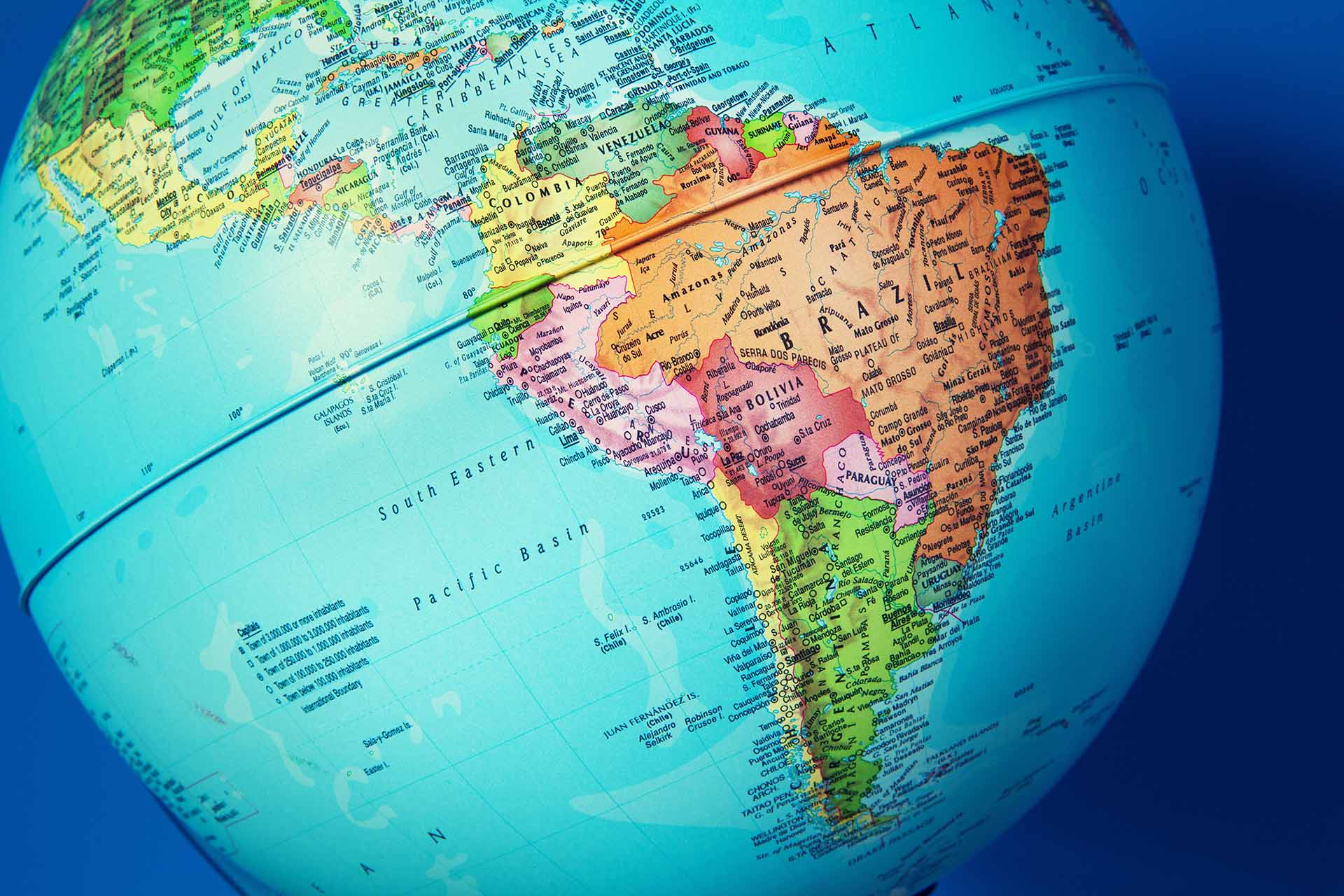

After going through a pandemic and having limited movement, many people realized they need to venture out and make changes. Exploring the world is lovely, and if you are moving out for the first time and abroad, that adventure will be unique and unforgettable. Here are some tips on surviving your first move.
So, You’re Moving Out for the First Time and Going Abroad? Nice. Here’s What You’ll Need
Relocating across the world is challenging and thrilling at once. Getting nervous about it is very normal since it’s a massive change. Being prepared is essential, and that includes having strong reasons to move. Even if you were cross-country moving, it would be crucial to be ready for it.
Packing to move overseas isn’t much different than packing to move to another state, but there are more things to consider before putting your first pair of pants into a suitcase. How is the weather in this country? Will it be easier to buy new clothes there? What’s an essential home item, and what’s fit for a garage sale?
Getting rid of extra stuff should be your top priority. Packing light to start anew somewhere far away will make it easier to handle the paperwork and documents needed to travel abroad. Your best bet for taking care of paperwork would be the destination country’s embassy.
You’ll likely need a work permit or a visa to stay wherever you want to move to, and the best channel for taking care of all that is the embassy. You can also check in with the US embassy there when you arrive.
A Short List of Essentials for Your International Moving Day
To start your journey, why not create a checklist for moving overseas? That’ll help you prioritize, figure out what to pack, and do everything step by step. Here’s a short overview of relocation essentials:
- Take care of the paperwork and pack it somewhere accessible to you. That would be your passport, birth certificate, visa documents, permissions, apartment rental papers or a lease agreement, and any other form the embassy asked you to submit during the visa application process,
- Pack according to the season at the destination, and decide what can be left behind,
- Learn about the local currency and prices,
- Remember some essential words and phrases if traveling to a foreign language country. You’ll read street and building signs easier this way,
- Check out the health coverage and insurance plans at the destination,
- Call long-distance movers to transport your belongings overseas,
- Figure out your car situation (you can always get international car shipping).
Be Ready for the Differences in Prices and Currencies
So, how much money should you have when you first move out? The biggest question when relocating abroad (or anywhere) is money; having enough to move overseas means you’ve worked hard or found some shortcuts to living in Europe as an American.
Of course, most of Europe uses the Euro (€) as a currency, and you won’t have to do too many exchanges. The situation is entirely different in Asia, as each country has its currency. Understanding local money will help you calculate expenses.
Track the local currency of your destination country for a couple of weeks before relocating. You’ll avoid relocation stress by knowing the trends in the exchange rate. Additionally, check the local expenses through a website such as Numbeo, where you can get much info on them.
These Are the Most Expensive Countries to Move To
Your “moving out on your own for the first time” budget will heavily depend on the country you want to move to. For example, while Switzerland is one of the best countries to live in, it’s also the most expensive globally.
Combining factors such as finding the best place to move with family somewhere affordable, fun, and safe won’t be easy. You can observe a country by its cost of living index, which considers every living expense a person might have. If it’s over 100, it’s expensive.
The following list includes countries with higher cost of living indexes, calculated globally. They are:
- Bermuda (cost of living index: 146)
- Switzerland (c.o.l. index: 123)
- Norway (c.o.l. index: 100)
- Iceland (c.o.l. index: 95)
- Barbados (c.o.l. index: 92)
As you can see, most countries on this list are in Europe, except for Singapore. For example, Norway has some of the highest imposed taxes globally but offers free universal healthcare and college. There are ups and downs that should be weighed carefully.
On the Other Hand, These Countries Are the Cheapest and Most Budget-Friendly
You can also find a list of very cheap countries to live in, but that’s always a double-edged sword. Some super affordable countries typically have high poverty rates or lack opportunities, but most are just an acquired taste.
For example, Vietnam is one of the friendliest countries in the world, affordable, and has been developing for a while. You’ll likely be able to find a job as an English teacher there since most of the population is trying to develop the skill.
What you won’t get in Norway compared to Vietnam is friendliness, warmth, and the desired social experience. However, this is a bit of a generalization, and most of it depends on your tastes and personality.
If you’re looking for an English-speaking country, the UK has a cost of living index of 69, Canada 70, Australia 77, Ireland 76, and New Zealand 74.
Here’s a short list of some great affordable countries:
- South Korea (o.l. index: 73)
- Germany (c.o.l. index: 65)
- Spain (o.l. index: 53)
- Costa Rica (o.l. index: 47)
- Vietnam (o.l. index: 37)
When Moving Internationally to Live With a Partner, Ensure You Both Are Ready to Cohabitate
Relocating to another country for love is like a story from a fairy tale. Although, the technicalities of the actual relocation and paperwork are a little less fantastical and more like something out of a nightmare. That’s why having a supportive partner willing to help out in any way possible matters.
You could be relocating to their home or finding a new apartment together, but they will have the upper hand in the situation because it’ll be their turf. If you notice your partner wavering, making up excuses, or avoiding calls, it’s apparent that you have to talk and decipher what’s up.
Okay, that had to be said. People avoid red flags like they’re playing dodgeball when it comes to a person they love, but when relocating overseas comes into the picture, it’s time to stop dodging and start catching. If you went through the motions and know that living together is what you both want, that’s excellent.
Don’t worry about keeping in touch with friends – the internet has made it easier to communicate with the rest of the world, which is, after all, how you stay in contact with your partner. When packing, bring only the essentials. If you have something meaningful or valuable, bring it but otherwise, there’s no need to pack breakable items such as glasses to your partner’s already lived-in home.
The girl in the video below took the leap and moved to her partner’s country, and she explains in short what a person must know before deciding that.
Relocating for a Job Overseas Will Bring More Security and Stability in a Foreign Land
Living overseas will be much easier if you find a job before leaving. It doesn’t have to be something big or life-changing, but rather work that can get you on your feet and provide chances to meet expat communities where you can make the necessary connections to advance.
The reason why it’d be much easier to move with a secured job is simple, and it’s related to visas. Nearly every (if not every) country in the world requires foreigners to have work permits, which allows them to stay longer than 90 days in one place.
When you submit a visa application, you’ll be able to get it easier because a job is waiting for you. Look into your destination country’s top employing industries and check out job ads. For example, the European Personnel Selection Office (EPSO) has job opportunities on its website. You can also look for jobs in Asia on One World 365’s site.
Learning the Local Language Will Increase Your Chances of Getting Hired
Unless you are relocating to an English-speaking place, breaking the language barrier will be one of the most complicated challenges of overseas relocation. It’ll bring you closer to your neighbors and the local community and provide more job opportunities.
You can ask your boss for a language course or get tips for learning a foreign language from the expat community you join. It’s also just common courtesy to learn the language of the locals and show some respect in that way.

Hiring an International Moving Company Will Make the Transition Easier
Hiring international movers is kind of the same as hiring cross-country movers. They have essential relocation services with perks, such as storage service and relocation insurance. Whether relocating internationally or country-wide, you’ll be able to reach an agreement with the movers you choose.
They’re excellent help for those moving abroad alone, offer complete packing services for relocating families, and could give you tips on the best ways to move on a budget and not go insane.
Having professional assistance when relocating for the first time is highly recommended. It’ll bring security and instill you with confidence that things will work out just fine as soon as you arrive at your destination.
Don’t Leave Without Trying to Get as Many Long-Distance Moving Services as You Can
As mentioned above, essential relocation services come with perks, but most companies will have some other options you can take advantage of. We mentioned the option of shipping a car overseas, but you can choose from so many possibilities when it comes to packing and storage, too. Don’t choose a relocation plan before finding the ideal middle ground between your budget and needs.

You’re Really Cool for Moving Out on Your Own for the First Time – You Got This
Now that you have some tips on how to move abroad, you probably want to ask, “how do I cope with moving out for the first time?” Adjusting to a new country will be challenging at first, especially if most locals don’t speak your language.
But, if you keep the reasons for relocating close to your heart and work on your independence day by day, you’ll be your own hero. Overcoming every challenge you encounter will feel like a major win; eventually, if you become overwhelmed by the environment, coming back home will always be an option. You got this.









